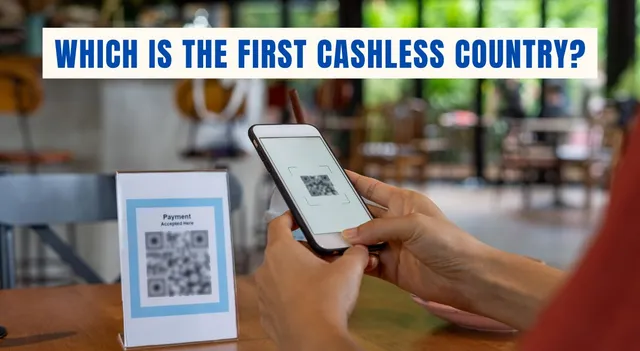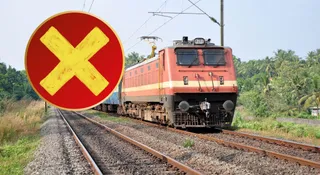- By Ridam Sharma
- Fri, 31 Oct 2025 06:45 PM (IST)
- Source:JND
Cashless Country: Sweden is referred to as the world's first country to be truly cashless, which led the future of digital payment for countries around the world. Over the last decade, people have been rapidly inclining towards a world that majorly works on technology, especially innovative payment solutions, and all thanks to the robust banking infrastructure in Sweden, which has hugely contributed to starting the wave of minimising the use of physical currency throughout the nation.
Why Sweden Became the First Cashless Country?
Sweden's path toward being a cashless country has been one of early adoption of digital banking, card payments, and mobile applications. An estimated 6 to 10 per cent of Swedes still use cash regularly, as per the Riksbank’s 2022 survey. Here, most daily transactions are made using cards or digital wallets. You might have heard about the popular applications, like Swish is used by half the population here, making immediate money transfers possible with just a telephone number. Almost all Swedes have debit or credit cards, and contactless payments have become common, which has significantly reduced the usage of physical cash.
Also Read: Where Samosas Are Off The Menu: Know The Country That Banned India’s Favourite Snack
In Sweden, it is legal for merchants to refuse a customer's cash payments, and most bank branches do not even handle cash here. This, combined with a high level of digital literacy, has fueled the cashless revolution in Sweden.

First Cashless Country (Image Credit: Canva)
Also Read: Which Is The Coldest Place In The World With Freezing Temperature Of -92°C?
Fun Fact About Sweden:
Not only was Sweden the world’s first cashless country, but it was also the first nation to issue the real banknotes in Stockholms Banco in Europe in 1661, according to the data by Riksbank.
Now in the modern era, Sweden is leading the way to vanish physical notes. In fact, its central bank is working on the ‘e-krona,’ a digital currency that will make secure, inclusive, and state-backed digital transactions the future mode of payment.


-1761934340045_m.webp)

-1761739871797_m.webp)
